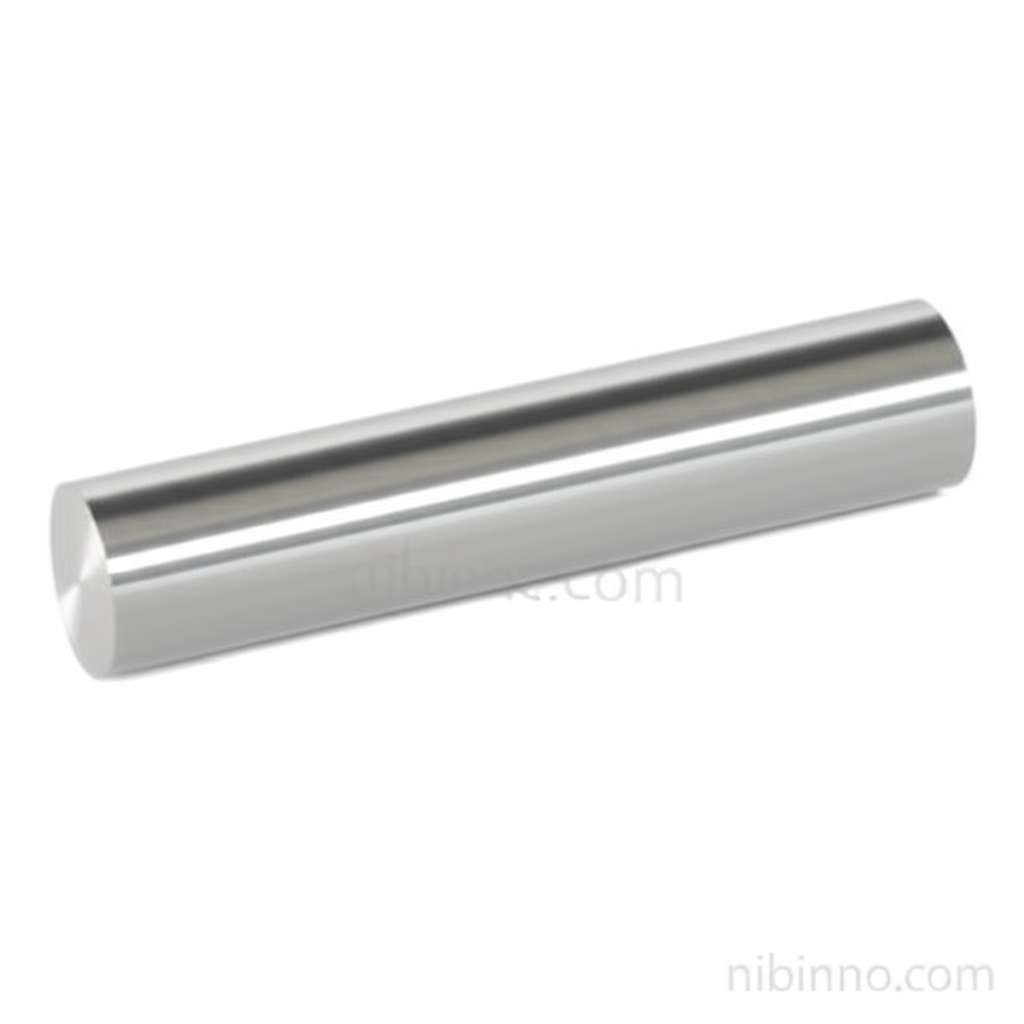High-Quality Titanium Rods: Properties, Applications, and Industrial Uses
Discover the versatility and exceptional performance of titanium rods across critical industries worldwide.
Get a Quote & SampleProduct Core Value

Titanium Rod
Titanium rods are highly sought after for their exceptional combination of properties, including a superior strength-to-weight ratio, remarkable corrosion resistance, and excellent biocompatibility. These characteristics make them indispensable in demanding applications across aerospace, medical, automotive, and chemical processing sectors.
- Explore the key properties of titanium rods, such as their lightweight nature and high tensile strength, making them ideal for aerospace grade titanium components.
- Understand the critical role of titanium rod biocompatibility in medical implants and devices, ensuring patient safety and longevity.
- Delve into the industrial uses of titanium rods, particularly their corrosion resistance in chemical processing and harsh environments.
- Learn about the high strength titanium rod applications in the automotive industry, contributing to lighter and more fuel-efficient vehicles.
Key Advantages
Unmatched Strength-to-Weight Ratio
Titanium rods provide exceptional structural integrity without adding significant weight, a critical factor for aerospace and high-performance automotive applications.
Superior Corrosion Resistance
Resistant to a wide array of aggressive chemicals and saltwater, titanium rods ensure extended equipment life in challenging industrial environments and marine engineering.
Excellent Biocompatibility
The human body readily accepts titanium, making titanium rod biocompatibility a cornerstone for safe and effective medical implants and surgical instruments.
Key Applications
Aerospace Industry
Utilized in aircraft structures, engine components, and landing gear, leveraging their high strength-to-weight ratio for improved performance and fuel efficiency.
Medical Field
Crucial for orthopedic implants, spinal fusion, and dental implants due to their biocompatibility, corrosion resistance, and ability to integrate with bone tissue.
Automotive Sector
Employed in high-performance vehicles for components like exhaust systems and suspension, reducing weight and enhancing durability.
Chemical Processing
Essential for reactors, piping, and heat exchangers, offering superior resistance to corrosive chemicals, thus ensuring equipment longevity.
